Student Spotlight: Nijpawi Gordon '25
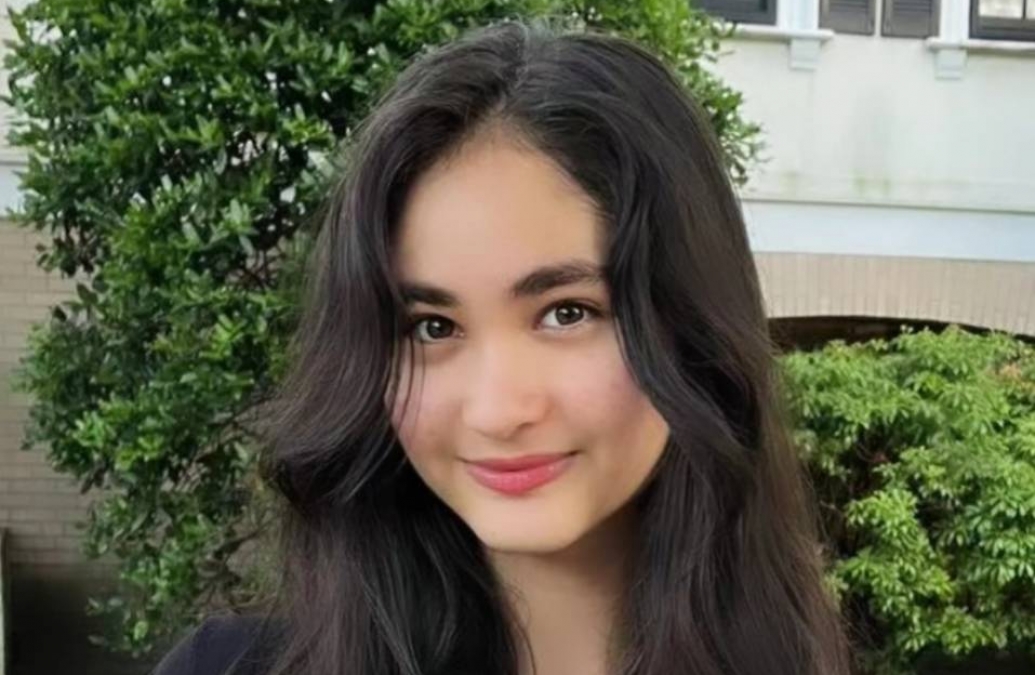
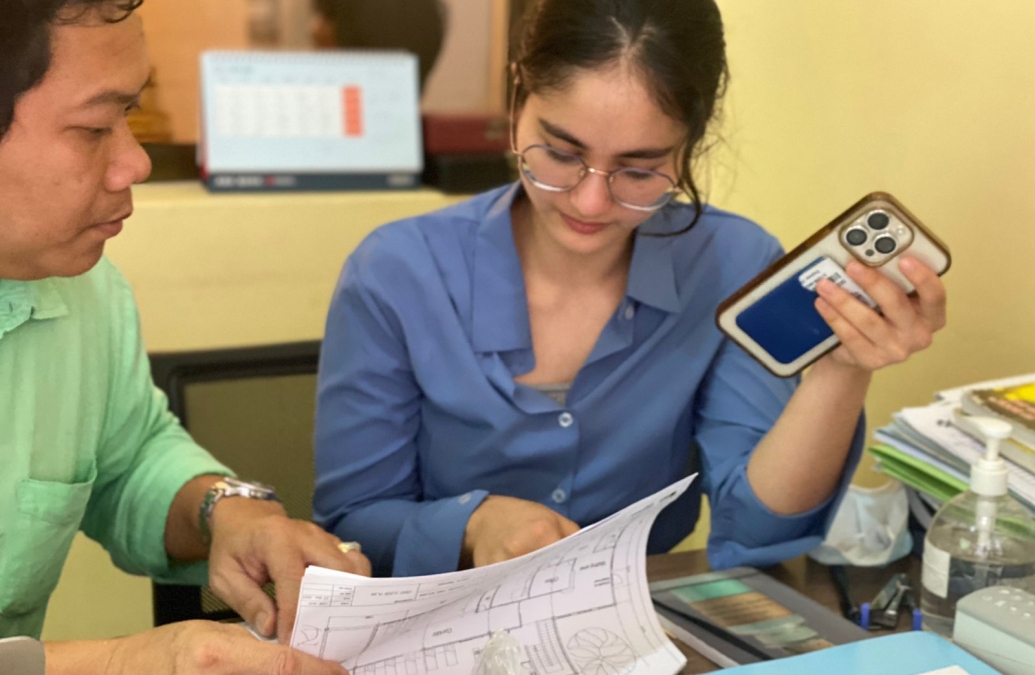
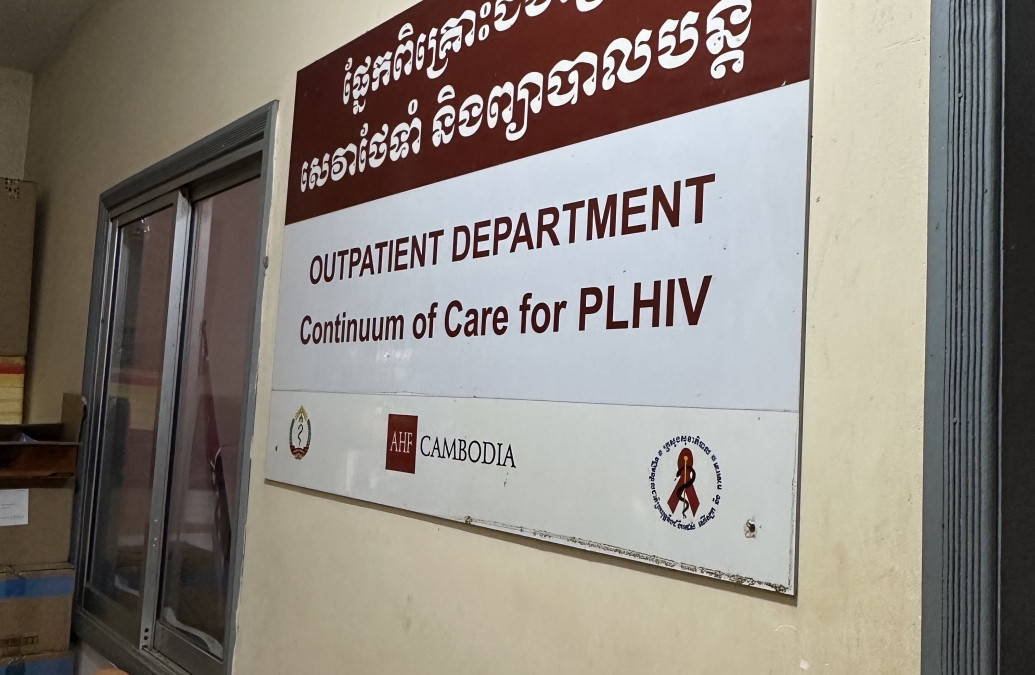
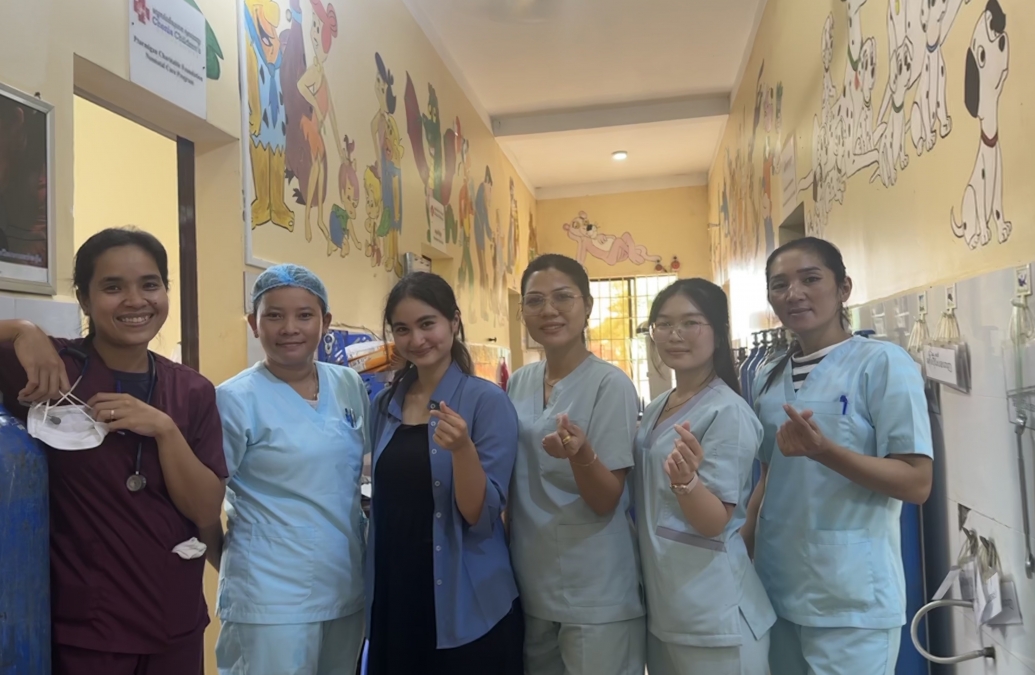
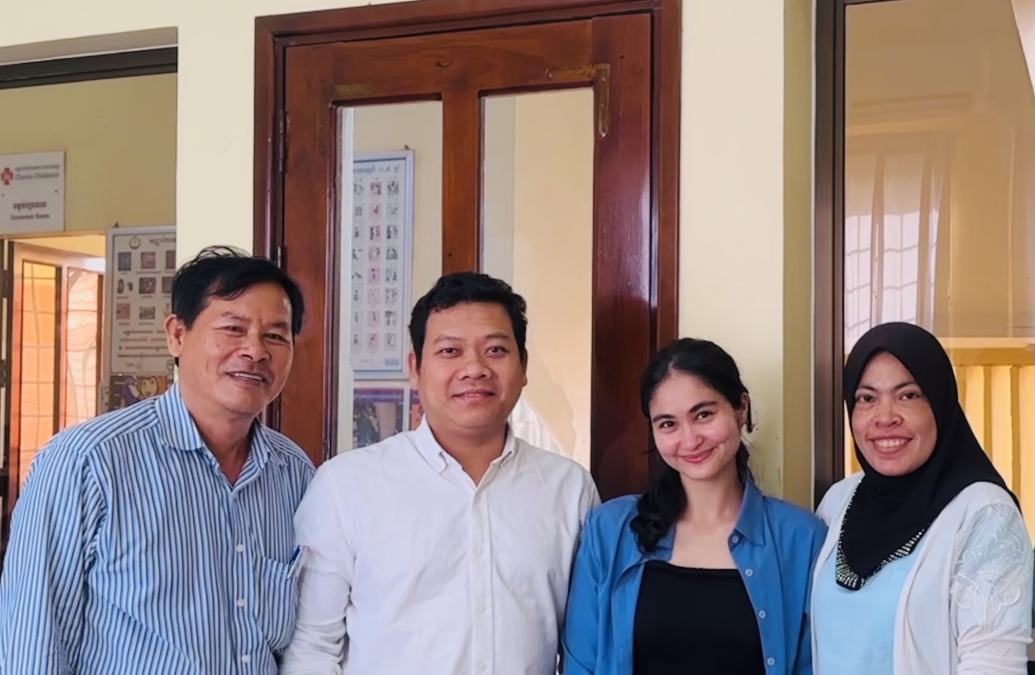
Concentration:
Computational Biology
Community Engagement through Swearer:
Edward Guiliano Global Fellowship, Engaged Scholarship Certificate
When Nijpawi Gordon '25 was in high school, she volunteered at a children’s hospital in Thailand. However, it was not until Gordon came to Brown that she realized she wanted to pursue her interest in pediatrics. In her freshman year, she took an Anthropology course called, Culture and Health, where she learned about patient narratives and how culture plays a role. She also started working for Connect for Health, a program for Lifespan Community Health Institute, which aims to address people’s basic resource needs to improve overall health and well-being.
Through the Swearer Center’s Engaged Scholarship Certificate, Gordon and her peers explored what it means for a non-profit from one country to go and work alongside a community within a different country, which then inspired Gordon's project through the Edward Guiliano Global Fellowship working at a pediatric ward in Cambodia, Chenla Children’s Healthcare.
Nijpawi, whose friends call her Namfah — a nickname from Thailand — is Thai American. She grew up mainly around Asia, moving for her parents’ work to various countries. She has lived in Singapore, Japan and Thailand, and also Cambodia when she was very young.
"Moving around allowed me to experience and understand many different cultures. I wanted to explore how patients in Cambodia, like pediatric patients, receive healthcare in Cambodia and how the healthcare system, compared to how Cambodian people here in the U.S. receive healthcare. The main reason why I decided to do this project is because I'm interested in nonprofits and their impacts on the population that their work is targeted towards."
When she returned to Cambodia through her Guiliano Fellowship, Gordon reached out to work with Dr. William Housworth, also called “Dr. Bill,” an emergency pediatric doctor. Originally from Kentucky, and the previous director of Angkor Hospital for Children, Dr. Housworth and his wife, Dr. Lori Housworth, co-founded Chenla Children’s Healthcare with colleagues in eastern Cambodia.
During her time at Chenla Children’s Healthcare, Grodon learned about the real-world experiences of rural patients, served in an administrative role to understand non-profit management and worked with pediatric patients in the wards. She shadowed doctors to understand how they provide care in a low-resourced setting where they don’t have enough beds for patients and are very short staffed. She also interviewed patients about their experiences and helped transcribe documents to help maintain accurate medical records. Returning to Cambodia for the fellowship reminded Gordon of her childhood and her work there allowed her to learn from leaders, medical practitioners and patients about diverse lived experiences with healthcare in Cambodia.
“I would talk to the patient's family members. I can't speak the language fluently, but the first thing I did there was learn the language, like the words I needed to know and specific technical words. And then after that, I was able to understand what the patients were trying to tell the doctors. And a lot of times, they’re children. They’re babies and they're crying while the doctors are trying to assess their history. And they are only able to do that by the mothers or the family members, or the person who took them in.”
Wanting to learn more from working with Chenla Children’s Healthcare about how a non-profit is integrated into a community and its culture, Gordan researched health facilities in the area and learned that many patients in the area had to drive six or seven hours to receive medical care and that community need was one of the reasons why the nonprofit was founded there. She learned about the structure of the non-profit and how it managed to be successful. A doctor at the non-profit told her “about how nonprofits would come in and would help, and then they would leave. And that was the big issue where, when they left, the people there did not continue [to receive care], or it wasn’t as sufficient. They didn’t have enough funds to continue. And the trust was broken, because the people who had the trust left.”
The success of Chenla Children’s Healthcare was that Dr. Housworth brought in medical professionals and resources, but also called on local doctors, who are Cambodians and speak the language, so they could collaborate to care for the community together. The non-profit also provides training to make sure resources that are brought in can be used.
“My first understanding of the community was that it was just the patients who were the community. But then I realized that that wasn't the case here [at Chenla Children’s Healthcare]. It was also the doctors who worked directly for the nonprofit, the doctors who worked in the government hospital, and those who worked for the other nonprofits in a hospital. And there were also, of course, the patients and the patient's family members."
A member of Brown University’s chapter of Doctors and Engineers Without Borders, Gordon plans to further explore how pediatric patients in Cambodia receive healthcare and how Cambodian and United States healthcare systems compare in their treatment of Cambodian people.
If you are interested in the Edward Guiliano '72 Global Fellowship, learn more here.
